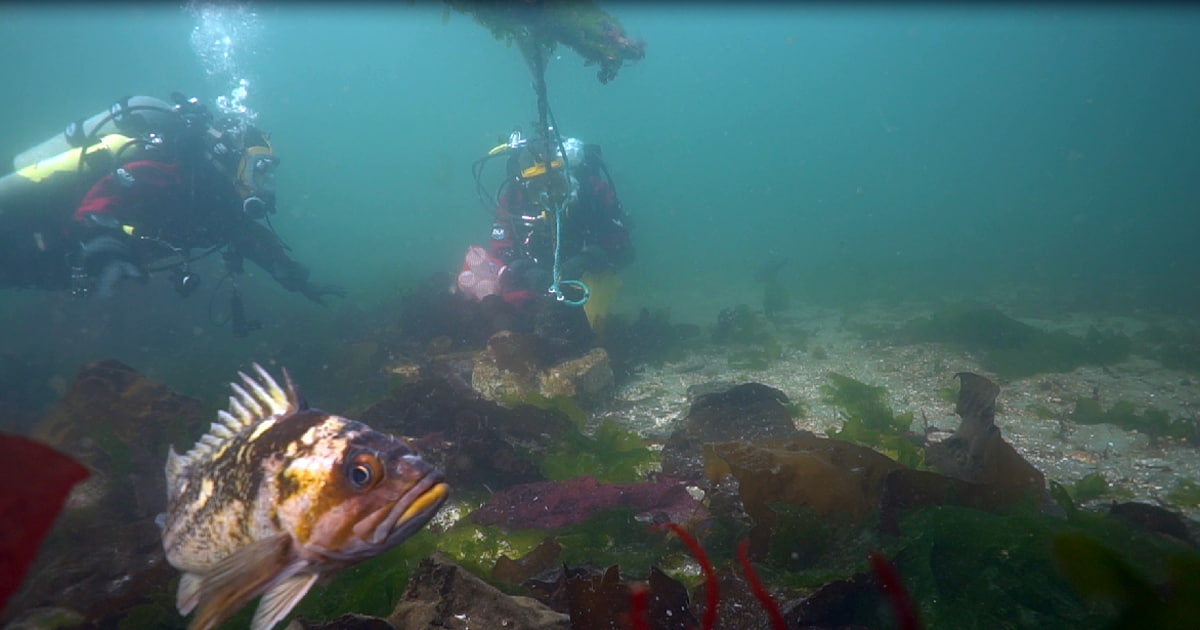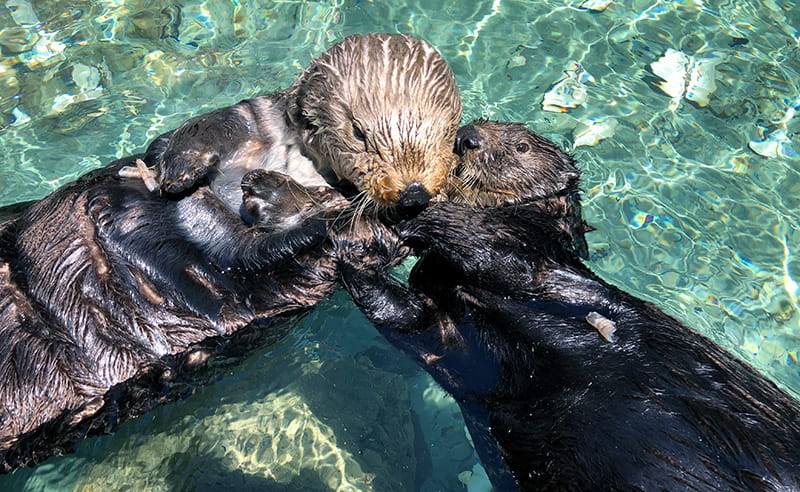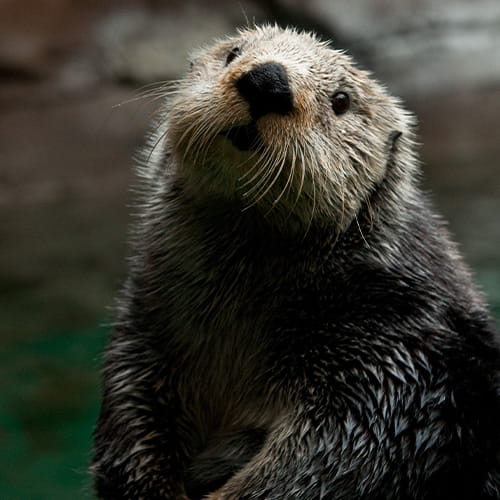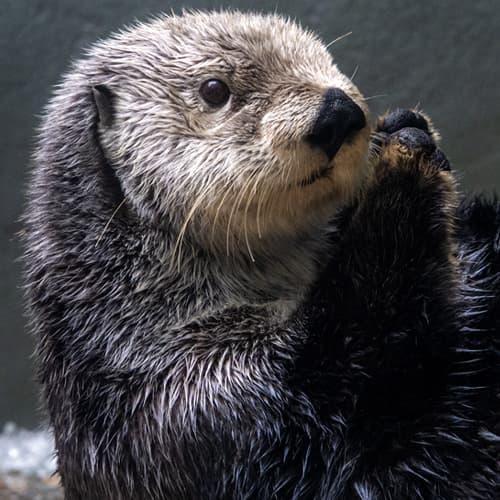By protecting and conserving 30% of land and waters, including the ocean, by 2030 (30×30), we have a chance to alter the course for biodiversity, the climate and environmental justice, and pave the way for other decisive actions needed to meet the challenges we face.
The concept of setting aside nature for resource and wildlife protection is not new, but the urgent need for it has reached a critical point. The most recent United Nations global assessment report on biodiversity chronicles the catastrophic loss of nature, and its acceleration. The rate of extinction is hundreds—some estimate thousands—of times higher on average today than in the last 10 million years.
We see the same worrisome trends unfolding in Washington and especially in the Puget Sound region. Our coastal ecosystems are in dramatic decline; kelp forests alone are disappearing four times faster than terrestrial forests. As of 2020, Washington has 45 animal species—including southern resident orcas, sea otters, tufted puffins and pinto abalone—officially state-listed as Endangered, Threatened or Sensitive. That number disguises the over 100 additional species under consideration as “candidates” for listing and does not include plant species. Given the known gaps in data and accelerating change, the actual state of nature loss is much worse than we can currently account for.
These endangered species populate and sustain the ecosystems we rely on for clean air, clean water and a healthy economy. Washington state is also considered a national biodiversity hotspot and a climate-mitigating powerhouse: between our abundant forests and rich coastal habitats, Washington’s ecosystems sequester a significant amount of carbon.
Ecoregions across the world, from coral reefs to kelp forests to estuaries, stand to lose too much if we don’t act now. Science tells us that if we take bold action to protect and conserve biologically rich and diverse habitats today, in addition to implementing other conservation measures, we still have a chance to avoid ecosystem collapse and stabilize our climate.
In January of 2021, President Biden announced a national goal of protecting and conserving 30% of U.S. lands and waters by 2030 (30×30). Following the executive order, in May of 2021, the U.S. Department of the Interior released the Conserving and Restoring America the Beautiful report, which outlines principles grounded in equitable consideration and broad inclusion of all groups to guide progress toward the national 30×30 goal. The report also highlights the three main threats the goal seeks to address: the climate crisis, the loss of biodiversity and inequitable access to nature.
Alongside other aquariums across the nation, the Seattle Aquarium strongly supports the national and international 30×30 goal. Based on scientific evidence, we know that when it comes to halting nature loss, highly or fully marine protected areas (MPAs) that strongly regulate human use and extraction yield the most benefits to biodiversity conservation. We also know that highly or fully protected MPAs can allow traditional Tribal and Indigenous uses while still fulfilling their conservation goals. Lastly, protecting our coastal habitats—especially seagrass meadows, wetlands, reefs and kelp forests—represents one of the most effective ways to mitigate carbon and enhance resilience of coastal communities.
The Seattle Aquarium also recognizes the historic and ongoing nature inequity that disproportionately impacts communities of color and low-income groups. Beyond increasing opportunities for all communities to play in and enjoy nature, a truly equitable future means ensuring everyone benefits from the life-giving services provided by a healthy network of protected ecosystems.

What can you do?
The National Oceanic and Atmospheric Administration (NOAA) is hosting public listening sessions to gather broad and diverse input from all communities across the nation on its strategy for implementing Conserving and Restoring America the Beautiful and achieving 30×30. A stakeholder listening session is being held on Monday, September 13 from noon to 2pm Pacific time (3–5pm ET). We encourage you to register for the listening session and to use this opportunity to let NOAA know why strong marine protection matters to you.
You can also send a letter to your representatives encouraging them to support local and regional conservation efforts that will bring us to 30×30.


